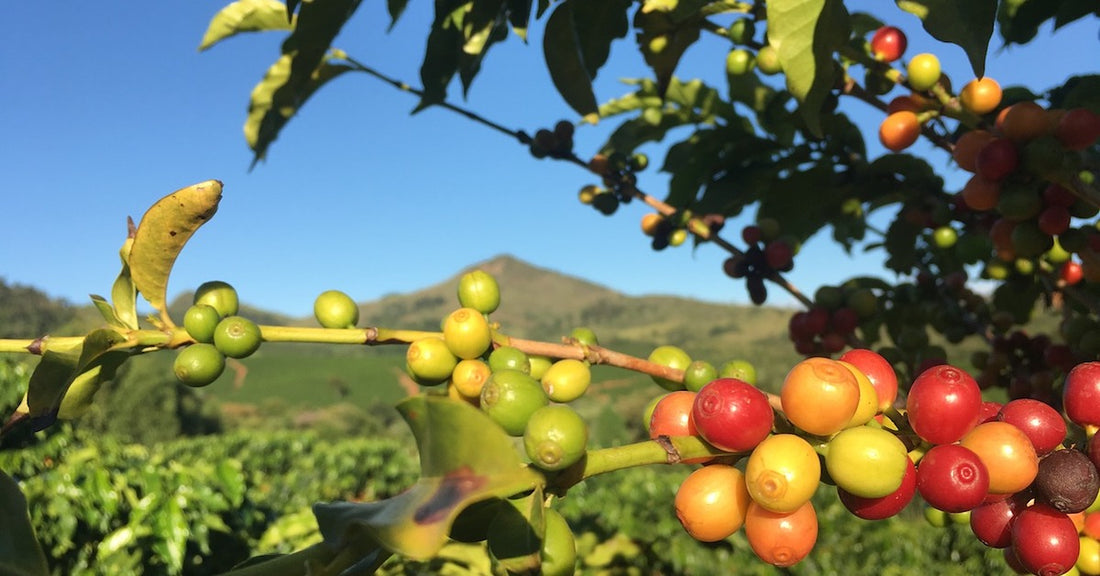
Here's where the first coffee plant was found
LifestyleWhere Was the First Coffee Plant Found?
The first coffee plant was found in Ethiopia in the 11th century, but it wasn't until the 1400s that it was roasted and used as a drink. This plant has a white blossom that smells like jasmine, and a red, cherry-like fruit. Originally, the leaves of the coffee plant were boiled in water, resulting in an outcome thought to have medicinal properties. As its popularity grew, coffee started showing up all over the world — coffee cultivation and trade began on the Arabian Peninsula in the 15th century, and came to Europe and beyond starting in the 17th century. And just like that, our coffee addiction was born.
Coffee cherries ripen in nine months into sweet-tasting fruit that contain seeds – the coffee beans. The sweeter the fruit, the better the coffee. However, the sweetness, acidity, and bitterness can always be altered by the roasting profile. Once the cherries are picked, they’re sorted for ripeness and processed in several different ways. Before partially dried in the sun, wet mills remove most of the flesh from the fruit. In other forms of processing, whole cherries are spread out thinly to dry in the sun.
Once the cherries are dried sufficiently, they are then stored anywhere from 30 to 60 days to amplify their flavor. This is the final step to prepare them for wholesale and further processing. Once they are sorted for size and quality, they are then bagged and shipped.
At this point, the beans are green and have almost no taste to them. Heat is the spark for several chemical reactions which create flavor, which is where the roasting process comes in. Heat affects the oils, sugars, and acids in the beans, which has a huge impact on flavor. After roasting, the beans are cooled rapidly. This ensures that the flavor is locked in and prevents them from roasting too much.
Important to note: Without coffee farmers and Fair Trade, coffee wouldn’t be where it is today. Being such an essential staple in our lives, the lives of our farmers are just as important. It goes without saying, but cheers to everyone who takes a part in making coffee available to us addicts!
